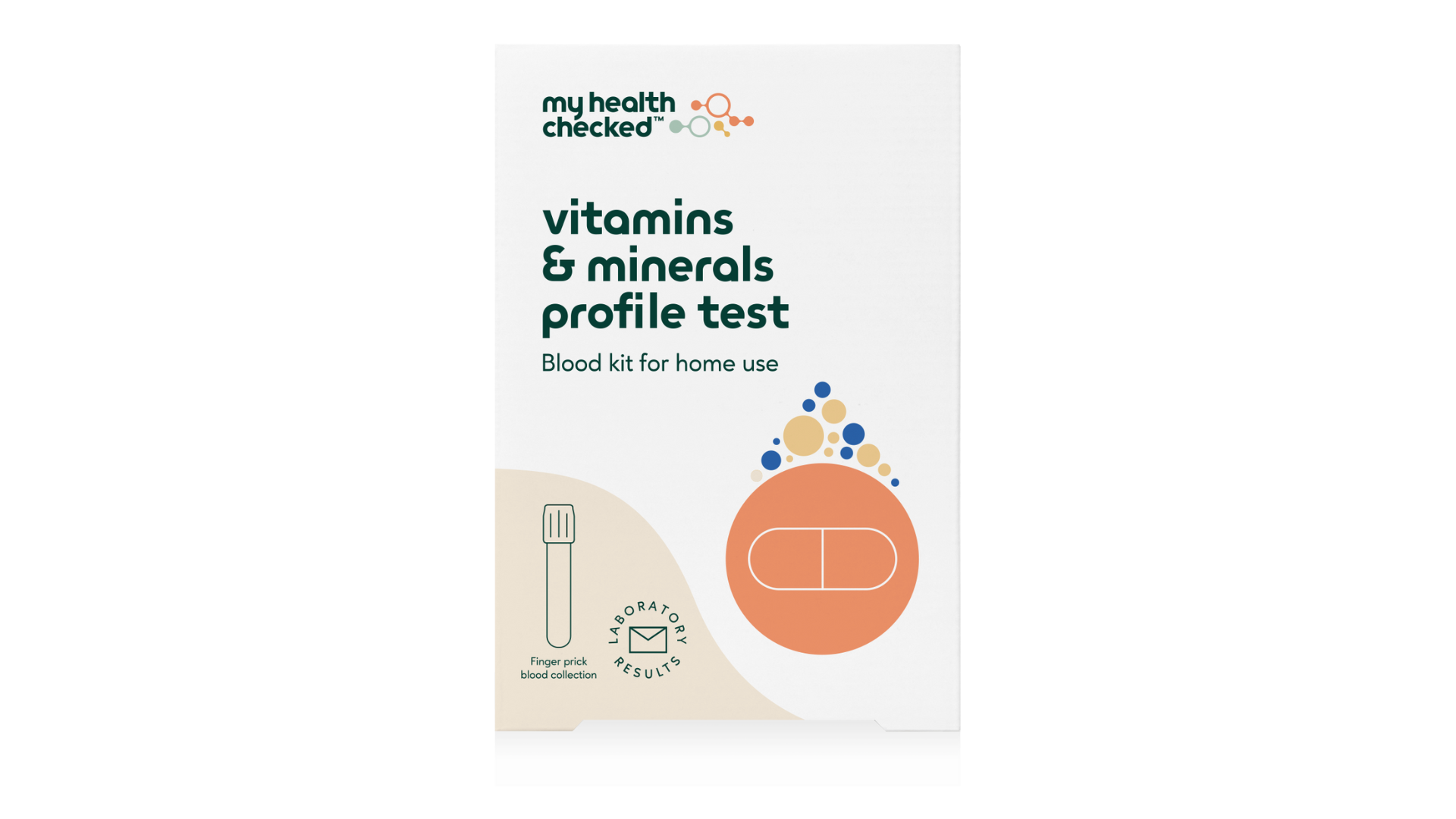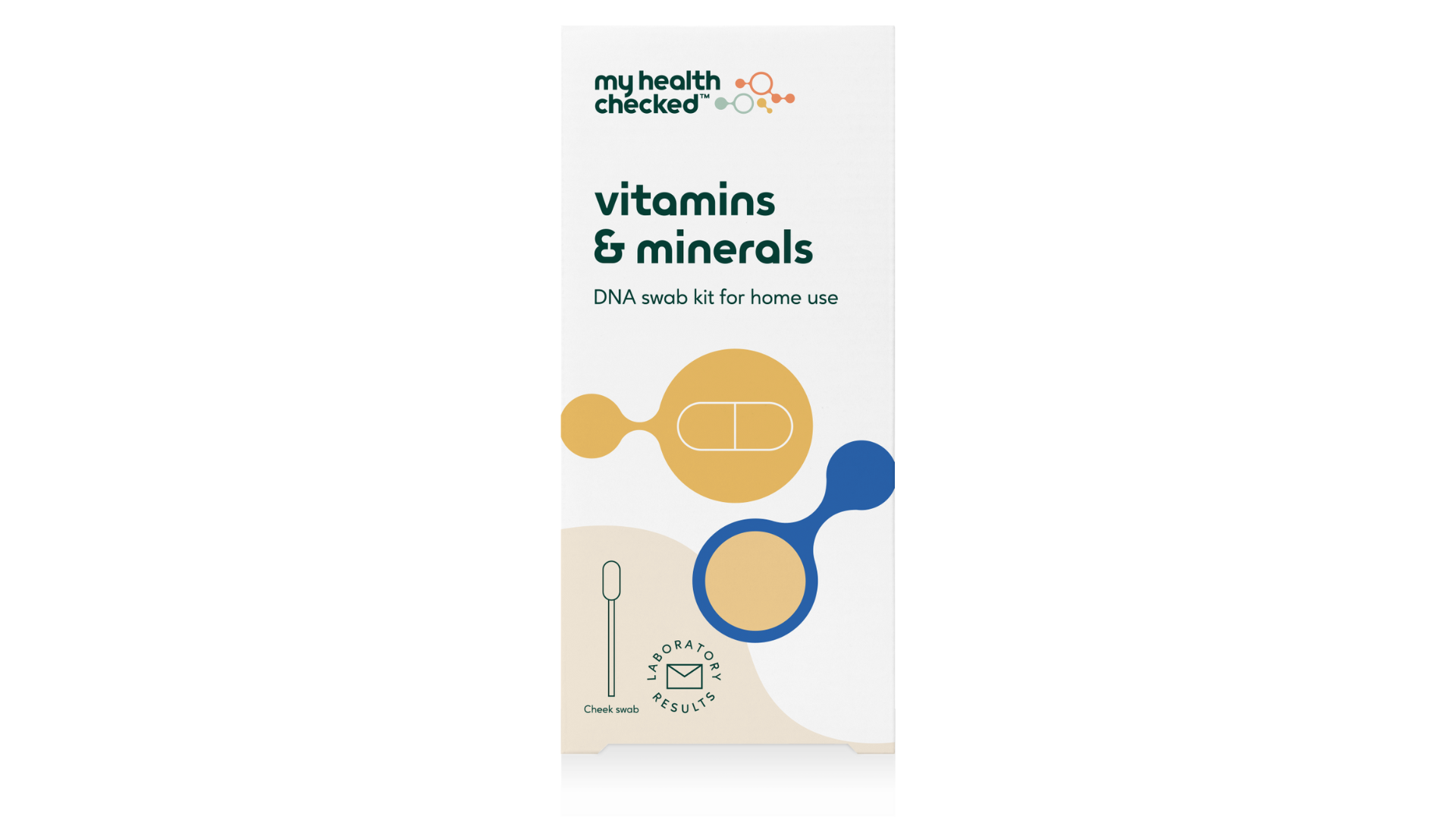View our bank holiday opening hours
Vitamin B12: what you need to know
Vitamin B12, also known as cobalamin, is a water-soluble vitamin with crucial roles in the body's functions, including the formation of red blood cells, DNA synthesis, and the maintenance of the central nervous system[1].
Foods rich in vitamin B12
Sources of vitamin B12 include animal products like meat, fish, dairy, and eggs, as well as fortified foods and supplements. While plant-based sources such as soy products and seaweed contain B12 analogues, they lack activity in the body, potentially putting strict vegetarians or vegans at higher risk of deficiency[2].
Vitamin B12 deficiency: what you need to know
In the digestive process, B12 is bound to proteins in food and requires stomach acid, digestive enzymes, and intrinsic factor for absorption in the small intestine. Deficiency in any of these factors can hinder B12 absorption and utilisation by the body[3].
Vitamin B12 deficiency may develop gradually over years, as a significant amount of the vitamin is stored in the liver. Symptoms can vary from mild to severe and may include fatigue, muscle weakness, nerve issues such as tingling or numbness, poor memory, and depression[4].
Several factors can contribute to B12 deficiency, including autoimmune conditions like pernicious anaemia, plant-based diets lacking in B12, ageing, alcoholism, certain medications, and digestive disorders such as Crohn's or celiac disease[5].
Diagnosis of B12 deficiency typically involves a simple blood test. However, due to liver storage, results may not always accurately reflect deficiency levels. In such cases, testing homocysteine and methylmalonic acid levels can provide additional insight, as elevated levels of these markers may indicate B12 deficiency[6]. Genetic variants can also influence B12 levels in the body[7].
How to manage vitamin B12 deficiency
Rich dietary sources of vitamin B12 include organ meats like liver, seafood, fish, dairy, eggs, and fortified foods such as cereals, plant milks, and nutritional yeast. Supplementation with methylcobalamin, the bioavailable and active form of B12, is an option for those with deficiencies. It's important to note that excessive intake of folic acid supplements may mask B12 deficiency symptoms, highlighting the need for balanced supplementation and consulting with a healthcare professional[8].
In conclusion, maintaining adequate vitamin B12 levels is essential for overall health and wellbeing. If deficiency is identified and corrected, it can lead to significant improvements in health outcomes. However, it's crucial to seek guidance from a registered practitioner to determine the necessity and safety of supplementation based on individual needs[9].
Explore MyHealthChecked's vitamins and minerals tests
If you're concerned about your vitamin B12 levels or overall nutritional status, consider exploring MyHealthChecked's vitamins and minerals tests.

With MyHealthChecked's Vitamins & Minerals Profile Blood Test, you can identify what vitamins and minerals you are currently at risk of being deficient in, or have low levels of.
You will also receive nutrition advice from our team of healthcare professionals on how you can improve your vitamin and mineral levels.

Using MyHealthChecked's Vitamins & Minerals DNA Test, you can discover what vitamins and minerals you are at risk of being deficient in or struggle to metabolise based on your genes.
You will also receive nutrition advice from our team of healthcare professionals on what to add or reduce in your diet to optimise your health.
References
- National Institutes of Health. (2020). Vitamin B12 - Health Professional Fact Sheet. https://ods.od.nih.gov/factsheets/VitaminB12-HealthProfessional/
- Gilsing, A. M., Crowe, F. L., Lloyd-Wright, Z., Sanders, T. A., Appleby, P. N., Allen, N. E., & Key, T. J. (2010). Serum concentrations of vitamin B12 and folate in British male omnivores, vegetarians, and vegans: results from a cross-sectional analysis of the EPIC-Oxford cohort study. European journal of clinical nutrition, 64(9), 933–939.
- Stabler, S. P. (2013). Clinical practice. Vitamin B12 deficiency. New England Journal of Medicine, 368(2), 149-160.
- O'Leary, F., & Samman, S. (2010). Vitamin B12 in health and disease. Nutrients, 2(3), 299-316.
- Hunt, A., Harrington, D., & Robinson, S. (2014). Vitamin B12 deficiency. BMJ, 349, g5226.
- Clarke, R., & Sherliker, P. (2010). Testing vitamin B12 status. Clin Biochem Rev, 31(1), 22–24.
- Murphy, K. J., & Cashman, K. D. (2001). Determinants of vitamin B12 status in the elderly. British Journal of Nutrition, 86(2), 193-201.
- Green, R. (2017). Indicators for assessing folate and vitamin B12 status and for monitoring the efficacy of intervention strategies. The American Journal of Clinical Nutrition, 106(suppl_1), 324S-331S.
- Institute of Medicine (US) Standing Committee on the Scientific Evaluation of Dietary Reference Intakes. (1998). Dietary Reference Intakes for Thiamin, Riboflavin, Niacin, Vitamin B6, Folate, Vitamin B12, Pantothenic Acid, Biotin, and Choline. National Academies Press (US).
